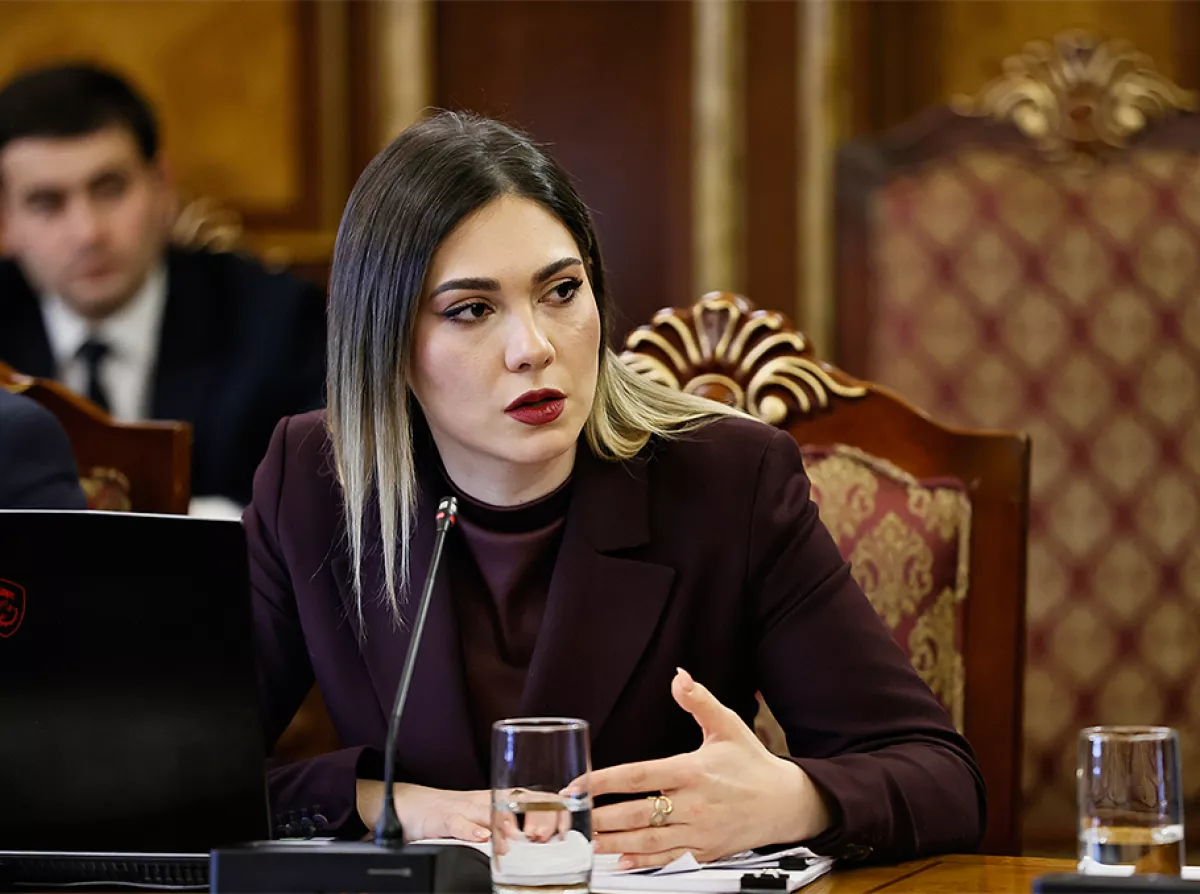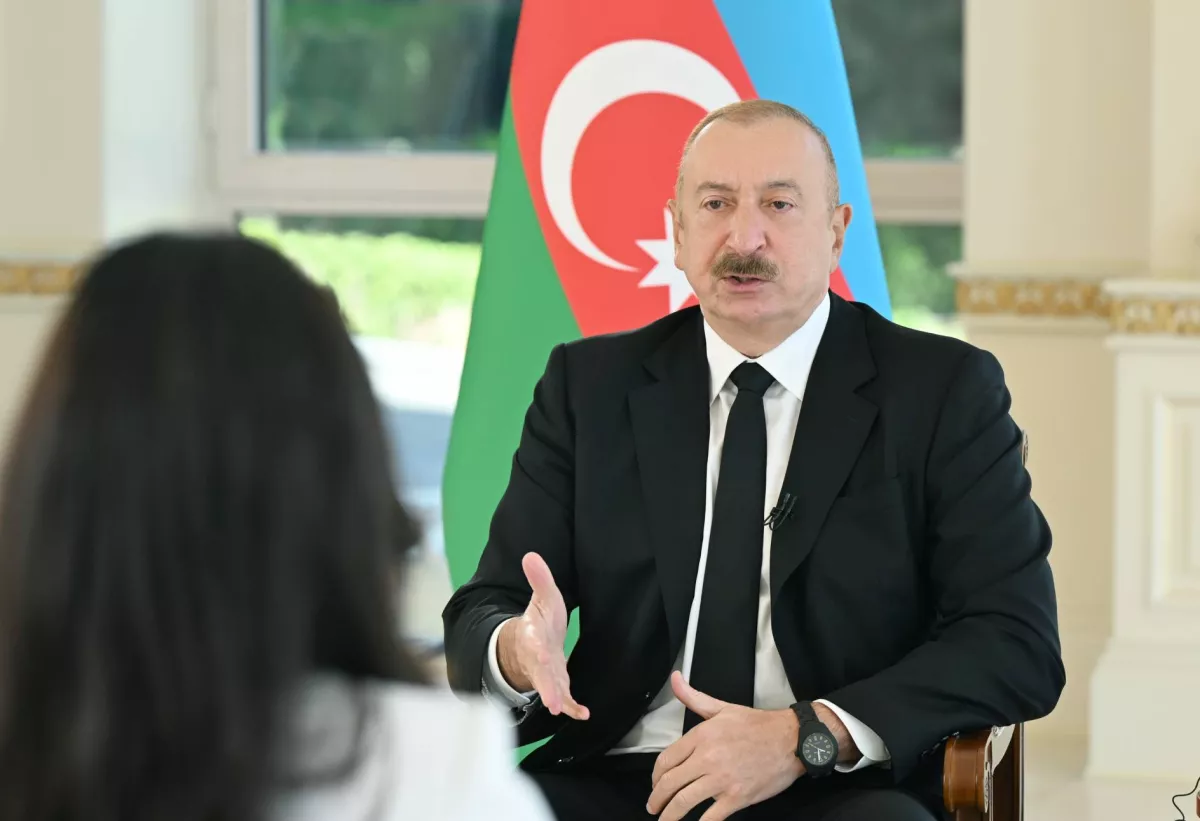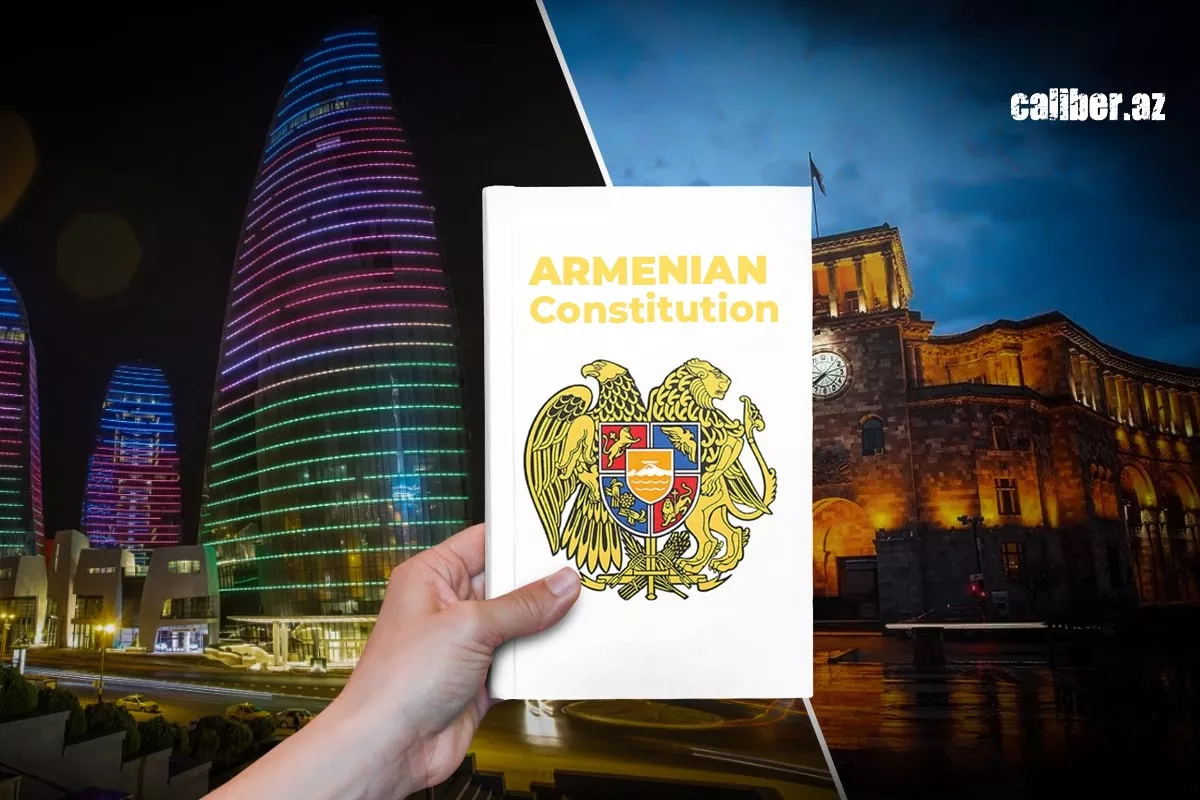Peace demands political will Armenian elites and the constitutional dilemma
“We do not see any problem with our constitution and maintain that what Azerbaijan has raised is not an issue, and this has been confirmed by the Constitutional Court of Armenia—the only body that can provide such confirmation. Amending the constitution is our internal matter and does not concern any other individual, supranational body, or state,” said Armenia’s Minister of Justice, Srbuhi Galyan.
Before analysing what is happening around the issue of constitutional reform in Armenia, it is worth noting the following from the outset. First, a constitution is an internal matter of a state as long as its provisions do not affect the internal affairs of another state. Second, Baku is not simply demanding that Yerevan change its constitution; it is demanding change only if Armenia wants peace with Azerbaijan. If Armenia does not want peace, the issue is moot. We will simply take note of this fact (the existence of territorial claims) and act in accordance with this reality.
Now, let us try to understand the context of what is happening in Armenia. There are three possible scenarios. First, of course, one could interpret Galyan’s words as an attempt by the ruling party to bring part of the revanchist circles into its sphere of influence.

However, these actions are questionable, as they sow confusion among the electorate, affecting both its revanchist and pacifist segments. “In for a penny, in for a pound,” goes a popular proverb, and it is precisely this principle that the Armenian government should embrace. Once you take on the responsibility of bringing the process to a full-fledged peace, you must meet all accompanying challenges with an open mind. Yes, constitutional reform is a challenge for the Armenian people, but it is not a challenge to their future—it is a challenge to their long-standing myths, their outdated notions of national exceptionalism. Only by summoning the courage to free themselves from this burden can they bring the matter to lasting peace.
Moreover, such vacillation and indecision within the Armenian government, regardless of the motivations behind them, can provoke distrust not only from Baku (which is familiar to us) but also from international actors, including the United States. After all, it was in the presence of the President of the United States, Donald Trump, that Nikol Pashinyan effectively assumed the commitment to cleanse the Armenian constitution of territorial claims against Azerbaijan.
In this context, let us recall the words of President Ilham Aliyev from two recent interviews. In the first, given on 9 August in Washington to Azerbaijani journalists, he said the following:
“I have no doubt that when the Constitution of Armenia is changed – the Armenian side is stating itself that such changes should be made – the territorial claim against Azerbaijan will be removed from it. Otherwise, it will be disrespectful to the United States of America, first of all. Everyone knows this, and our position is understood by almost all leading international actors, including the United States of America. Because when a peace agreement is signed, every issue must be resolved and the groundless territorial claims against us must be removed. Therefore, I have no doubts about this issue. Let me reiterate – when this happens is Armenia's own business. We cannot put forward any proposals here. However, I do believe that the sooner the better because I think we can’t waste time. In a situation where Azerbaijan and Armenia have already initialed the peace agreement, its official signing should not take long.”

In the second interview, given to Al-Arabiya, the President of Azerbaijan stated the following:
“We know that they are working on the draft of a new constitution. Yet, if there is strong external interference, then yes, we may think that something could undermine what has been agreed, but that would be very harmful for Armenia itself. Because no matter who signed the documents in Washington, they were signed on behalf of Armenia by the Armenian leader. If something happens with respect to the changes, and they step back from what has been signed, that would seriously deteriorate relations between Armenia and the United States. And not only the United States, but the wider international community supported this process — with Europe, Türkiye, and our friends in the Arab world – that is the entire international community.”
Thus, the game of cat-and-mouse with the electorate, instigated by Armenia’s ruling party, risks seriously undermining Yerevan’s international prestige, having undertaken the commitment at the White House to be consistent.
However, while the scenario described above still leaves a real chance for a peaceful resolution, the next two scenarios we will examine offer no prospect for peace and risk placing Armenia among political pariahs.

One scenario is that it was actually the Minister of Justice whom Pashinyan tasked with voicing the final opinion of the “party and government,” meaning that what was now stated through her mouth is inevitably what Pashinyan himself will declare if he wins the 2026 elections. Namely, that he does not intend to include in the list of constitutional amendments any of the points raised by Azerbaijan. In that case, Armenia would not only be excluded from all regional projects but would continue to be viewed by Azerbaijan as a country openly positioning itself as a threat to its statehood, with all the ensuing consequences.
Arguably, the third scenario is equally dangerous for Armenia, in which internal struggle occurs within the ruling elite. Let us imagine that someone within it disagrees with Pashinyan’s line and tries to block the constitutional reform regarding Baku’s demands.
This situation is dangerous not only for Armenia but also personally for Pashinyan. If opposition to his course within the party reaches critical levels, it could quickly escalate—not only to the sabotage of constitutional amendments but even to a vote of no confidence in the government. The course of a new government, which in that case would come to power under the banner of revanchism, would lead to painful consequences for Armenia, which President Aliyev has repeatedly warned about.
To summarise, it is necessary to note that Pashinyan must more boldly advance the idea of constitutional reform, explaining all the benefits of renouncing territorial claims and presenting it as the only correct and decisive step towards establishing peace and prosperity in the South Caucasus. In short, he should act according to the maxim: do what must be done, and let come what may. The time for decisive action has arrived.








